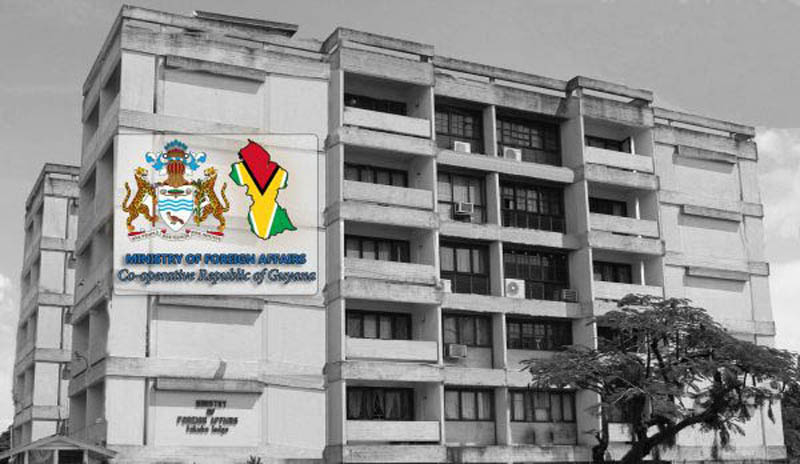In the period ahead the Government of Guyana will probably have to make some key decisions concerning its relations with Taiwan and by extension, its long-standing diplomatic and, in more recent years, deepening economic ties with the People’s Republic of China.
The political administration here, one assumes, would not have missed the recent pointed pronouncement by United States President Joe Biden that Taiwan is “a vibrant democracy, an important security and economic partner that is also a force for good in the international community. These new guidelines liberalize guidance on contacts with Taiwan, consistent with our unofficial relations, and provide clarity throughout the executive branch on effective implementation of our “one China” policy, which is guided by the Taiwan Relations Act, the three Joint Communiques, and the six assurances.”
The message, it seems, is clear. While cordial relations with Washington are not necessarily dependent on being overly ‘chummy’ with Taiwan, it would not hurt US/Guyana relations if the administration here were to be seen to be accelerating the halting links that it has been seeking to create with Taiwan. China, it has to be said, is the fly in this pot of ointment.
The pronouncement by President Biden does not come light years following what, by any stretch of the imagination, was a humiliating distancing of itself, by Guyana, from an earlier ‘agreement’ that it would allow for the establishment of a Taiwanese trade mission here. “The Government has not established any diplomatic ties or relations with Taiwan and as a result of the miscommunication of the agreement signed, this agreement has since been terminated.”
The statement failed to conceal what seasoned foreign policy watchers would doubtless have regarded as an undignified scrambling for cover by the Government of Guyana after the authorities in Beijing had called on Guyana to “earnestly take steps to correct their mistake,” a form of words that came across as rude and arrogant.
While economic ties between China and Guyana have accelerated significantly over a decade and more, closer ties with Taiwan, considered a country possessed of an advanced economy that can contribute to Guyana’s own economic advancement, are widely believed to hold the potential for the acceleration of Guyana’s hoped for economic development. What happened recently, however, points unmistakably to the fact that Guyana is far from ready to cut its ties with the ‘one China’ policy that continues to render the deepening of relations with Taiwan untenable at this time.
All of this would appear to be transpiring at a time when relations between Washington and Beijing would appear to be souring. Just over a week ago the US National Security Council’s Senior Director for China, Laura Rosenberger, declared that the US is greatly concerned about China’s increasingly provocative actions against Taiwan and reiterated that Washington’s unofficial interactions with Taipei are in accordance with its ‘one-China’ policy.
Since the February incident a veil of silence has fallen over Guyana/Taiwan relations even as China appears to have brushed aside the incident as though it simply never happened. There appears to be an assumption here that Guyana has learnt its lesson. Taiwan, for its part, an aggressively outward-looking country, is unlikely to be put off by China’s noises.
Evidence that Taiwan is refusing to yield ground to Beijing in its quest to build a base of influence in the region was manifested last week in the virtual launch of its Formosa Club in the Caribbean. Almost 100 Members of Parliament from five CARICOM territories – Saint Vincent and the Grenadines, Belize, Saint Lucia, Saint Kitts and Nevis, and Haiti, participated in the event.
The Formosa Club is a foreign policy initiative launched by Taiwan in an effort to circumvent China’s efforts to block its participation in various international organisations including the UN, the World Health Organization, and other specialised international agencies, would appear set to become yet another vehicle through which Taiwan can establish a firmer foothold in the region even if such an arrangement excludes Guyana in the immediate future.










